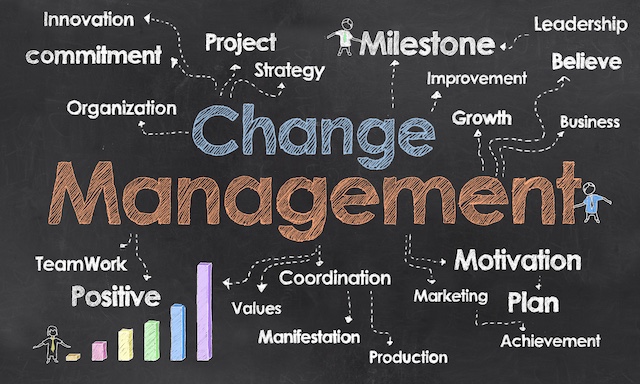What Is Onboarding?
Onboarding is the process of integrating a new employee into a company and equipping them with the tools, resources, and knowledge necessary to become effective in their role. It involves introducing new hires to the organization’s culture, values, processes, and people strategically, fostering connection, engagement, productivity, and retention from day one. An effective onboarding program welcomes new employees, sets clear guidelines and objectives, provides training in line with the company and position, aligns goals, offers continued support, and checks in frequently during the initial months of employment. When done right, onboarding lays a solid foundation for new hires to thrive in their roles and drive value.
Why Is Employee Onboarding Important?
Employee onboarding is crucial as it sets the tone for an individual’s entire tenure within a company. It cultivates a positive first impression, enhancing retention rates and productivity while reducing turnover costs. Effective onboarding clarifies job expectations, accelerates integration into the team, and familiarizes employees with company culture, policies, and procedures. It boosts morale, confidence, and job satisfaction, empowering new hires to contribute effectively. Additionally, a well-structured onboarding process reduces the time it takes for employees to reach full productivity, ensuring they grasp their roles swiftly and align with organizational goals, creating a solid foundation for long-term success within the company.
How Long Does Onboarding Take?
The duration of onboarding varies based on factors like company size, role complexity, and industry standards, typically spanning from a few days to several months. Basic orientation might last a few days, covering essential information and paperwork. However, comprehensive onboarding involving training, job shadowing, and gradual integration into responsibilities can extend for weeks or months. Some companies employ ongoing onboarding strategies that continue for the entire first year. The aim is to ensure new hires become fully proficient in their roles, acclimate to the company culture, and establish meaningful connections within the organization, promoting long-term success.




